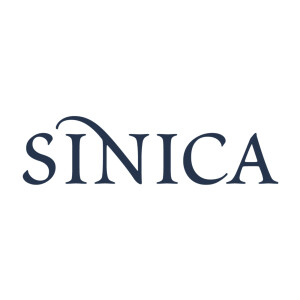
The rise and fall of U.S.-China scientific collaboration, with Deborah Seligsohn
 2022-05-12
2022-05-12
This week on Sinica, Deborah Seligsohn returns to the show to talk about the sad state of U.S.-China scientific collaboration. As the Science Counselor at the U.S. Embassy in Beijing from 2003 to 2007 — arguably the peak years for collaboration in science — she has ample firsthand experience with the relationship. Debbi, who is now an assistant professor of political science at Villanova University in Philadelphia, sees the U.S. decision to dismantle what was a diverse and fruitful regime of collaboration as a consequence of the basic American conception of the relationship: our tendency to see that relationship as one of teacher and student. She also argues that the American obsession with intellectual property protection is fundamentally misguided and inapplicable to scientific collaboration, which rarely deals with commercial IP.
3:15 – The rationale for prioritizing U.S.-China scientific collaboration in the 1970s
9:11 – A highlight reel of Sino-American scientific collaboration across four decades
31:03 – The stubborn American belief that freedom and democracy are necessary — or even sufficient — conditions for technological innovation
39:37 – The price we've paid and will continue to pay for the collapse of collaboration
44:00 – The end of collaboration and the DOJ's "China Initiative"
48:17 – How to rebuild the U.S.-China scientific partnership
A full transcript of this podcast is available on SupChina.com.
Recommendations:
Deborah: A Buzzfeed story by Peter Aldous about the strange origins of the "lab-leak theory" in the right-wing of the animal rights activist community; and two podcasts — Bloomberg's Odd Lots podcast and the Brookings podcast by David Dollar, Dollar and Sense.
Kaiser: The sci-fi thriller Severance on AppleTV.
See Privacy Policy at https://art19.com/privacy and California Privacy Notice at https://art19.com/privacy#do-not-sell-my-info.
More Episodes
 2024-08-28
2024-08-28
 2024-08-01
2024-08-01
 2024-07-25
2024-07-25
 2024-07-18
2024-07-18
Create your
podcast in
minutes
- Full-featured podcast site
- Unlimited storage and bandwidth
- Comprehensive podcast stats
- Distribute to Apple Podcasts, Spotify, and more
- Make money with your podcast
It is Free
- Privacy Policy
- Cookie Policy
- Terms of Use
- Consent Preferences
- Copyright © 2015-2024 Podbean.com




